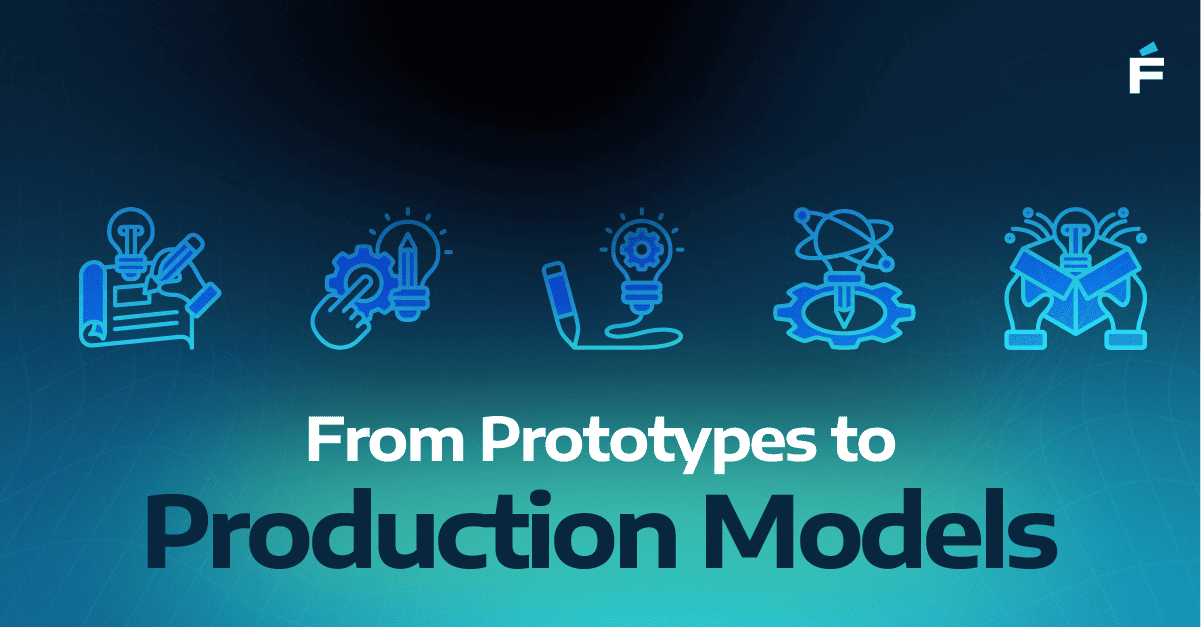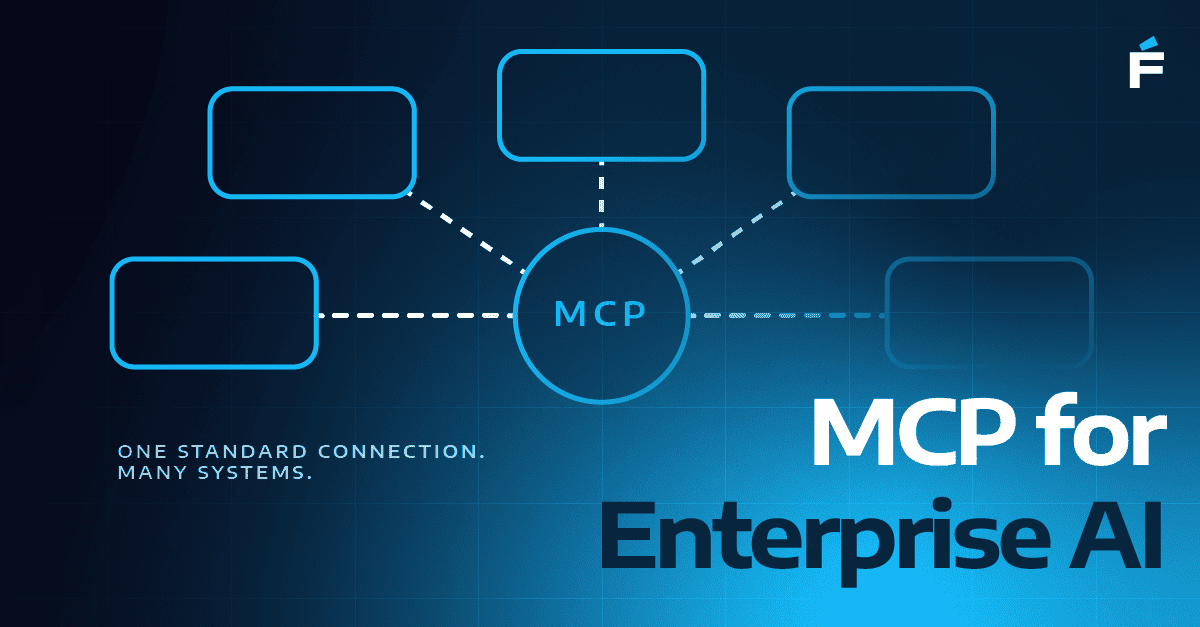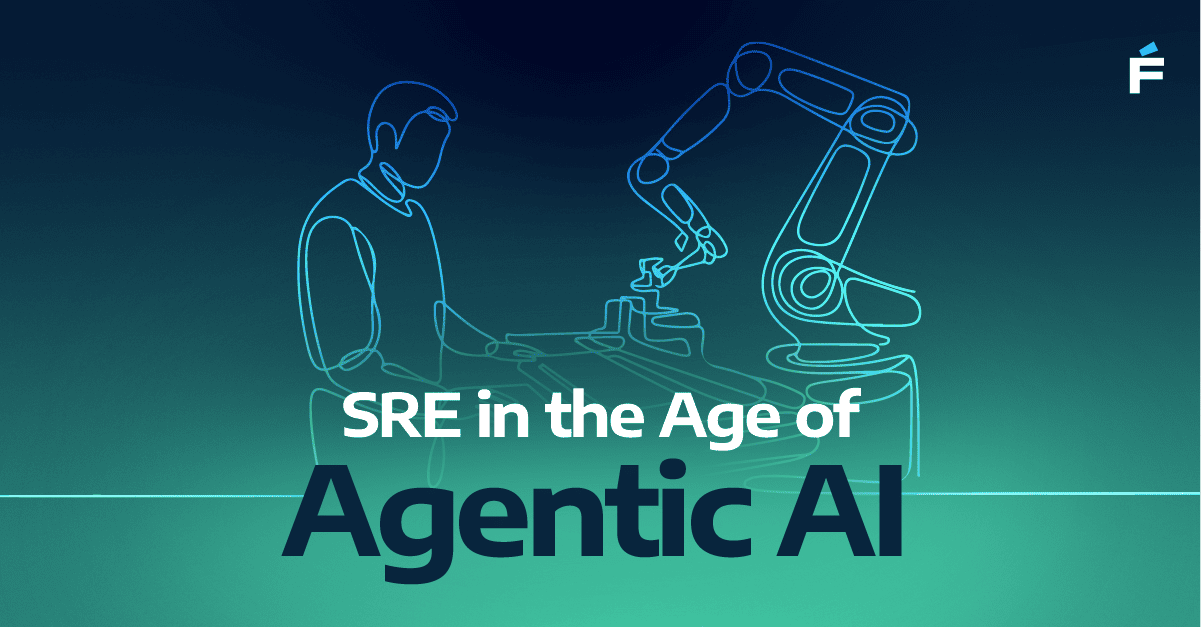Data security, interoperability, and patient privacy are just a few of the many challenges the healthcare industry faces nowadays. Luckily, blockchain technology can tackle these issues efficiently and securely.
Blockchain, often associated with cryptocurrencies, is expanding its influence into various sectors, including healthcare. Its decentralized, secure, and transparent nature offers immense potential to revolutionize how healthcare is delivered, managed, and experienced.
With the increasing digitization of health records and the need for efficient data sharing among various stakeholders, blockchain provides an efficient way to manage healthcare data. Here’s how:

Secure and accessible patient records
Blockchain can be used to create a decentralized platform for storing patient records, ensuring data integrity and preventing unauthorized access. This means doctors can access complete medical histories, leading to better diagnosis and treatment plans. Your medical history can be always accessible, accurate, and under your control.
MedRec, for example, is a blockchain-based system that securely stores and manages electronic health records (EHRs). It provides patients and providers with a complete, immutable history of patient data while ensuring that access is tightly controlled.
Supply chain transparency and drug safety
Counterfeit drugs are a major global health issue. Blockchain can track the entire journey of a drug, from manufacturing to the pharmacy shelf. This transparency helps identify and eliminate counterfeit products, ensuring patients receive safe and effective medications.
Blockchain can monitor the temperature of drugs during transportation, ensuring they are stored and transported under the required conditions. In case of a drug recall, blockchain can quickly identify which batches of drugs are affected, minimizing waste and risk to patients.
A good example is PharmaLedger, a blockchain consortium that aims to improve the transparency and traceability of the pharmaceutical supply chain, ensuring that drugs are authentic and safe for patients.
Efficient claim processing
The tedious and complicated process of insurance claims can be streamlined through blockchain. Smart contracts can automate claim verification, reducing processing time and minimizing errors. This means quicker reimbursements for patients and providers.
Clinical trial management
Blockchain can enhance the efficiency and integrity of clinical trials. Patient data can be securely stored and accessed, accelerating research and development of new treatments. Blockchain can also be used to produce a decentralized platform for matching patients with clinical trials, accelerating recruitment.
Interoperable health information exchange
Sharing patient information between different healthcare providers can be a complex process. Blockchain can create standardized platforms for sharing patient data across different healthcare systems. For example, if you move to a new city, your medical history can be seamlessly transferred to your new doctor.

Challenges of implementing blockchain in healthcare
- Healthcare is a heavily regulated industry. Ensuring that blockchain solutions comply with regulations such as HIPAA (Health Insurance Portability and Accountability Act) in the U.S. is crucial.
2. Integrating blockchain with legacy healthcare systems can be complex. Ensuring compatibility and smooth data migration requires careful planning and execution.
3. Blockchain networks can face scalability issues, particularly when dealing with large volumes of data. Choosing the right blockchain platform and optimizing network performance is essential.
4. Implementing blockchain technology can be costly, involving significant initial investment in infrastructure, training, and development.
Ready to explore how blockchain can address specific challenges in your healthcare organization?
Implementing blockchain in healthcare holds significant promise for enhancing data security, improving interoperability, and streamlining administrative processes. However, it requires careful planning, regulatory compliance, and stakeholder engagement. With careful planning and collaboration, these challenges can be addressed, and healthcare organizations can leverage blockchain technology to transform their operations and deliver better patient care.
Start by identifying potential use cases and engaging with experts, such as our team at Forte Group, to develop a tailored implementation plan. The future of healthcare is decentralized, transparent, and secure—embrace blockchain technology to lead the way.




